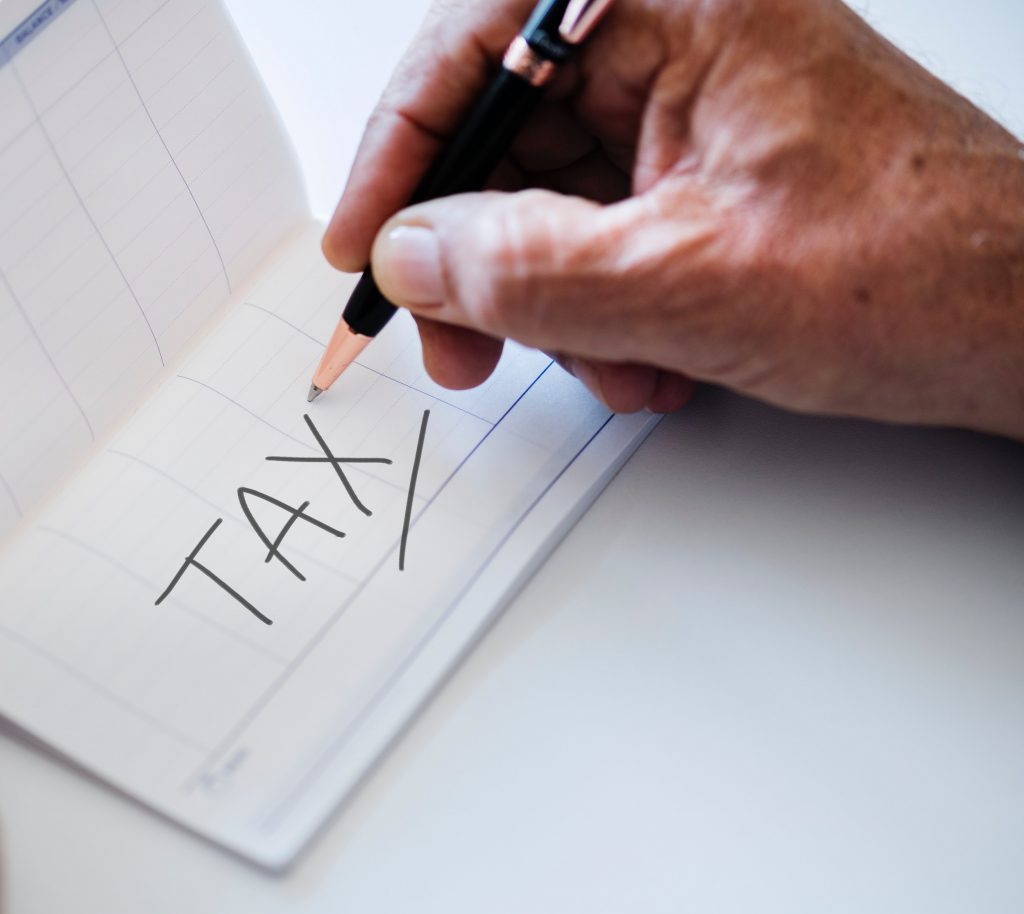The job of a staff accountant depends on the employer and can include work in a team, under the supervision of a senior employee, or with all of the accounting tasks.
No matter what work setting they have, staff accountants are responsible for monitoring and tracking the finances of the companies and protecting them from fraud, inefficiency or waste.
In this article, we will cover job responsibilities, skills, and outlook of a staff accountant.
Article Table of Contents
What Does a Staff Accountant Do?
Staff accountants should have math, computer, and financial skills to help senior professionals and management track the financial conditions of their firms.
They are also responsible for ensuring that the company fulfills its obligations to the employees, regulators, and creditors.
In large corporations or accounting companies, staff accountants work under a senior accountant or a CFO.
Responsibilities
- Track the revenue, assents, expenses, and cash flows of the companies for each year and other periods.
- Deal with financial records.
- Handle the company’s taxes and income.
- Manage or assist in administering of company’s payroll.
- Prepare, interpret, and analyze financial statements.
- Perform transactions and maintain records.
- Arrange bank accounts monthly statements.
- Present the recommendations for financial results based on the analysis of the financial statements.
- Assist in auditing and internal controls of the company.
Essential Skills
Financial and business:
Staff accountants should know about financial and business principles.
For instance, they should know when to minimize the value of equipment, record sales, and identify the value and status of the items.
They should also be able to calculate the debt-to-equity and other financial indices to demonstrate the financial condition of the organization.
Analytical:
A staff accountant has to analyze and examine financial statements, determine inconsistencies between the financial records and statements, and spot deficiencies in internal controls of the company.
They should also determine the financial status of the company and find where it is losing money.
Computer:
Staff accountants use spreadsheets to calculate financial ratios, account balances, etc.
They need computer skills to find weak spots in the system security and to collect and process data.
O*NET reports that about 78% of staff accountants use email in their work every day.
Communication:
Staff accountants often communicate with senior accountants, executives, board members, and other management to report findings and give recommendations.
They also need to communicate matters such as reducing costs, ensuring the proper payments of salaries, invoices, etc., to other employees.
How to Become a Staff Accountant
Staff accountants should have training and experience in accounting, business, finance and working with computers.
To get a job, they need a combination of education and experience.
Qualifications and education
Staff accountants typically need a bachelor’s degree in accounting or similar areas, such as finance or business administration.
Smaller companies, including non-profit organizations, can hire accountants with an associate’s degree and relevant work experience.
Staff accountants who work with public clients or the U.S. Securities and Exchange Commission should be certified.
Even though a CPA isn’t required, some employers may prefer or even require the CPA staff accountants.
A CPA title can be obtained within 150 credit hours.
In most states, you don’t need a Master’s degree to obtain a CPA, however, both master’s and bachelor’s degrees in accounting require five years.
Working Experience
Some employers require applicants to have a license as a certified public accountant or be pursuing one.
In most areas, staff accountants need at least two years of experience in public accounting for this.
Internship or bookkeeping experience is also counted as relevant experience for staff accountants.
Even though a CPA isn’t required, work experience in accounting is necessary.
The number of required years will depend on the employer.
They can also determine what kind of experience is required.
For example, staff accountants in governmental facilities or public schooling system need relevant experience in governmental accounting.
Besides, management accountants with two years of experience can become a Certified Management Accountant by the Institute of Management Accountants.
Working Hours
Generally, staff accountants work full time.
According to the U.S. Bureau of Labor Statistics, only about 20% of accountants work more than 40 hours.
In a non-profit organization, the workweek of the accountant can be under 40 hours.
Depending on the company, staff accountants may have to work after standard business hours.
Work on the weekends or in the evenings is common when the end of the budget year or tax filing deadlines are approaching.
Career Outlook and Opportunities
As the US. Bureau of Labor Statistics reports, the employment rate of staff accountants should increase by 11% or 142,400 positions.
The demand for accountants should increase due to globalization of economy, complex tax, and financial regulations, economic growth.
They will be needed in the banks and other lenders to help follow the regulations for granting credits and loans.
Certified public accountants will have the best employment opportunities.
Staff accountants have good opportunities for entry-level jobs, but with strong experience and performance, they are in demand in large companies and accounting firms.
With solid experience and strong performance, they can move up to the position of senior accountant, financial controller, accounting manager or director, and even CFO.
In public accounting organizations, new staff accountants need one to two years of experience before they can get a position with more responsibilities.
Then, they hold management or senior positions and can even become a partner.
Staff accountants at management positions start as cost accountants, trainees, or other junior positions.
With experience, they can advance to directorship or executive management.
Conclusion
Staff accountants have prospective opportunities for employment as more companies seek to improve their financial conditions, reduce costs, and keep up with laws and regulations.
Staff accountants need education, experience, and skills in accounting, math, business, computers to get the job.
Staff accountants help businesses, non-profit organizations, and governmental facilities to prepare and handle financial statements and audits, discover and solve problems and handle payment obligations.

